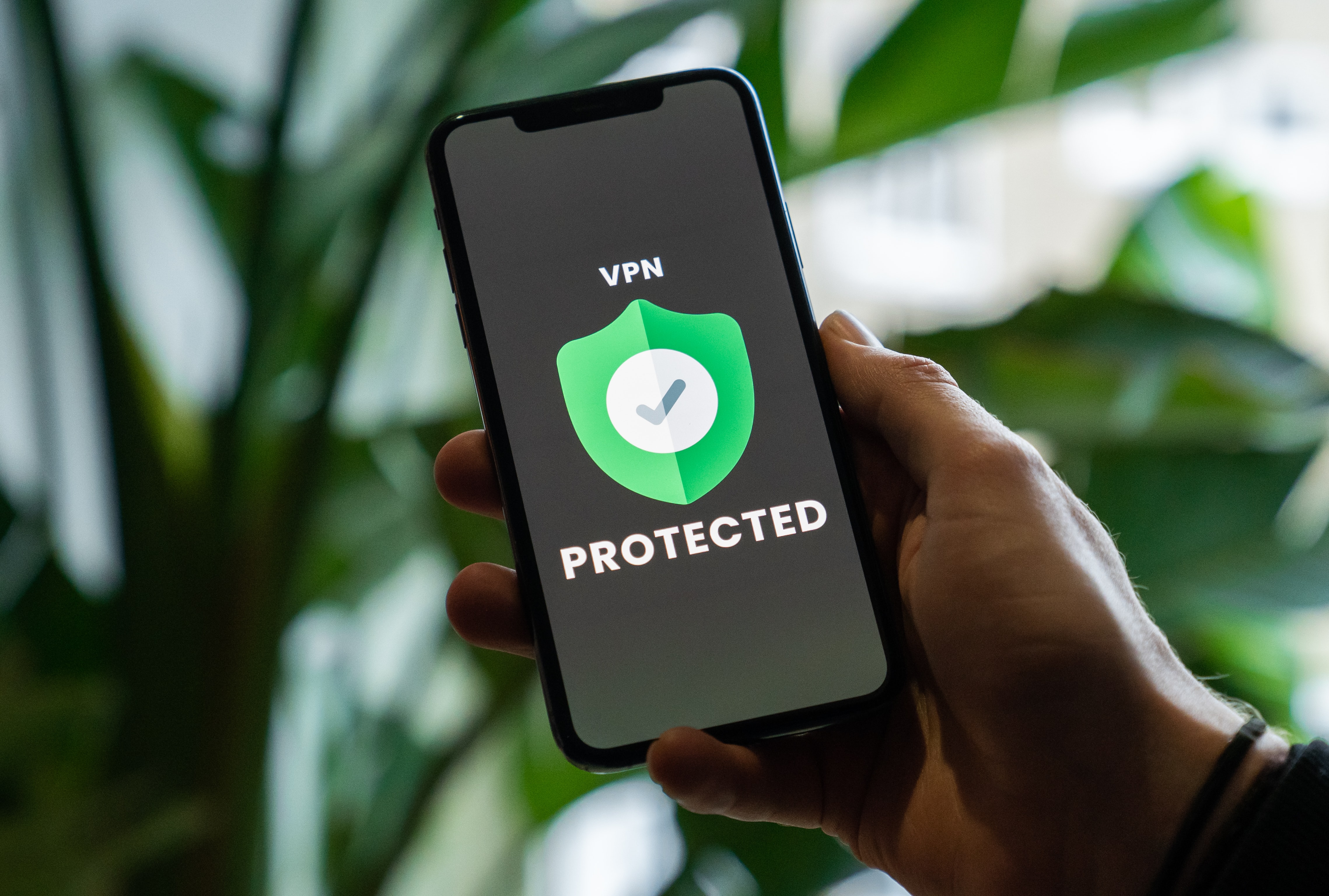A VPN is one of the best tools that you will find available if you want privacy on the Internet. This article will detail some of the things that you should know about the Internet and how to protect your personal information on it.
Your IP address can be an easy way to identify you. By altering your IP address, it can help you remain anonymous and protect your privacy. However, the degree of protection you get will vary depending on how you go about changing it. If you’re just changing the IP, everything else will still be accessible including what browser you are using and even the operating system you’re using.
A good way to add to the protection is by adding a layer of encryption through the use of a VPN. A VPN will not only help to make your connection more secure, but it can change your IP address too.
How Does A VPN Change Your IP Address?
With the use of an IP address, you can send all of your Internet traffic through a server located elsewhere. You can choose from any of the servers that your VPN gives you access to. This can be used for various reasons. For one, it can help you bypass Geo-restrictions. Another could help you simply mask your real IP address and location. Some of the advanced VPN providers will give you the ability to narrow down your preferred server location based on the city which can make it even better.
Once you’re connected to your desired server, the VPN will tunnel your traffic through it. However, it won’t be funneling that traffic without protecting it. The VPN will encrypt the traffic to ensure it cannot be stolen and deciphered. All of the traffic will be tunneled through the VPN including both incoming and outgoing traffic. This can keep your real IP address anonymous which can keep websites and services from tracking you.
Anyone that is looking to use your IP address against you to find your real location won’t be able to. Instead, they will only see the IP address of the VPN server that you’re connected to.
That being said, not every VPN provider is equal. There are reputable ones and not so reputable ones. A good VPN provider will offer DNS leak protection.
VPN Extensions For Browsers
If you don’t need the extra functionality of a full VPN client, you could always opt for a browser-based VPN. These VPNs are typically free and are limited in functionality, scope, and performance. Thus, you should expect slower speeds and less reliability. However, any browser-based VPN is going to be limited to tunneling the traffic to and from the browser. Therefore, if you need software or things tunneled outside of the browser, a client-based VPN is the way to go.
Here are some of the best options for those looking for browser-based VPN’s:
-
Opera
This is one of the best available for those that use Opera’s browser. The extension is incredibly easy to use and it can be turned on and off within the security section.
-
Zenmate
This is another good option for those that use all kinds of browsers. With Zenmate, you can install it on Chrome, Opera, Firefox, Edge, and even Safari. It offers free access to those that don’t want to pay for better performance. You can expect fewer servers and limited speeds without paying.
Limitations Of VPN Extensions:
Beyond not having advanced features and functionality, you can expect that these extensions do not have the same functionality in mobile-based browsers. Some may work on mobile devices, but others may not.
Bottom Line
There are plenty of different reasons to consider using a VPN if you care about your privacy. It can be used to change your location to bypass Geo-restrictions and to protect your real IP address from getting out. Another way to protect yourself is with an RARBG proxy. It can even help you avoid the price discrimination that occurs on the Internet where some regions will pay more than others on various e-commerce sites. Lastly, it can help you avoid being tracked by Governments and private companies.
